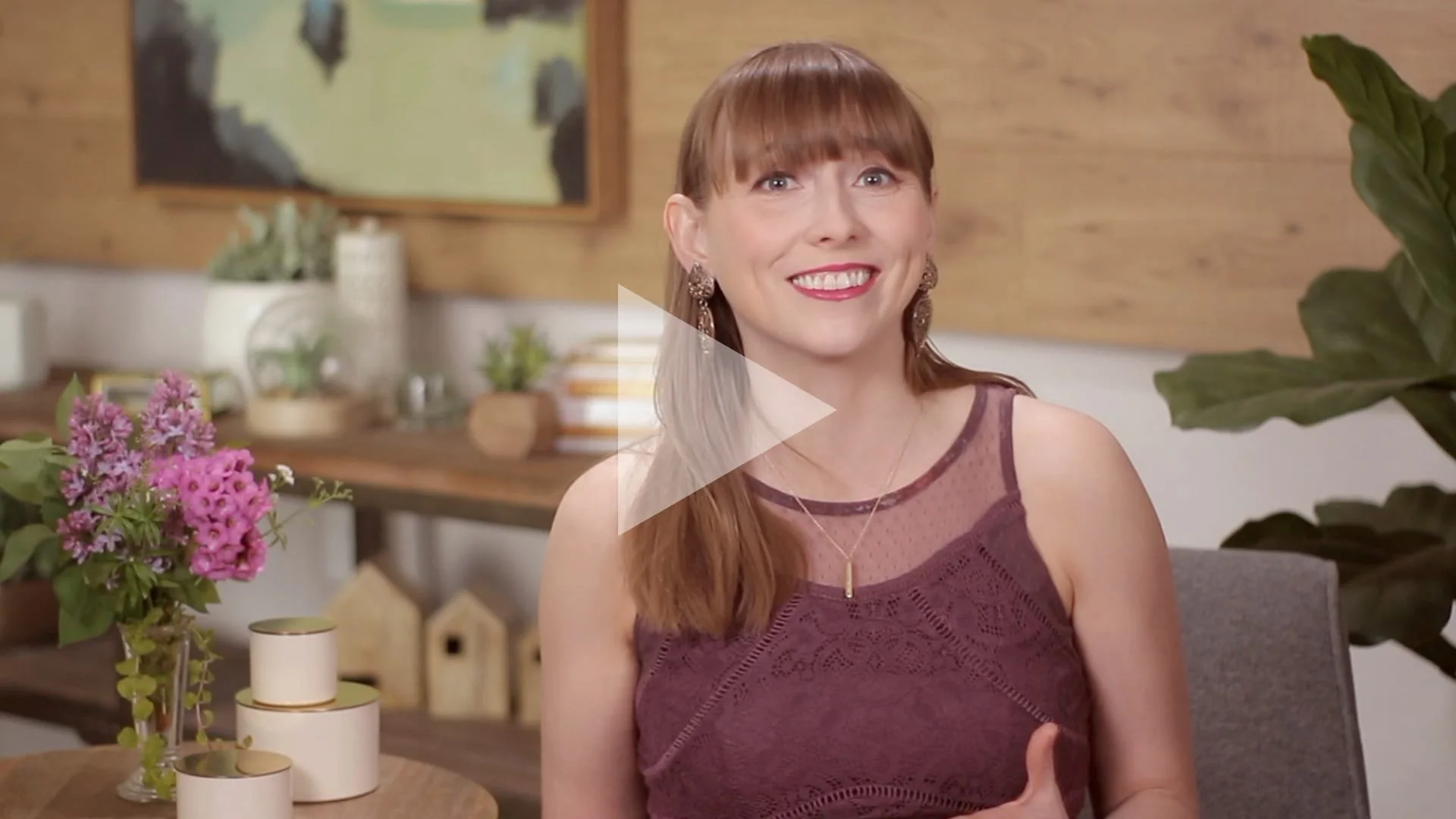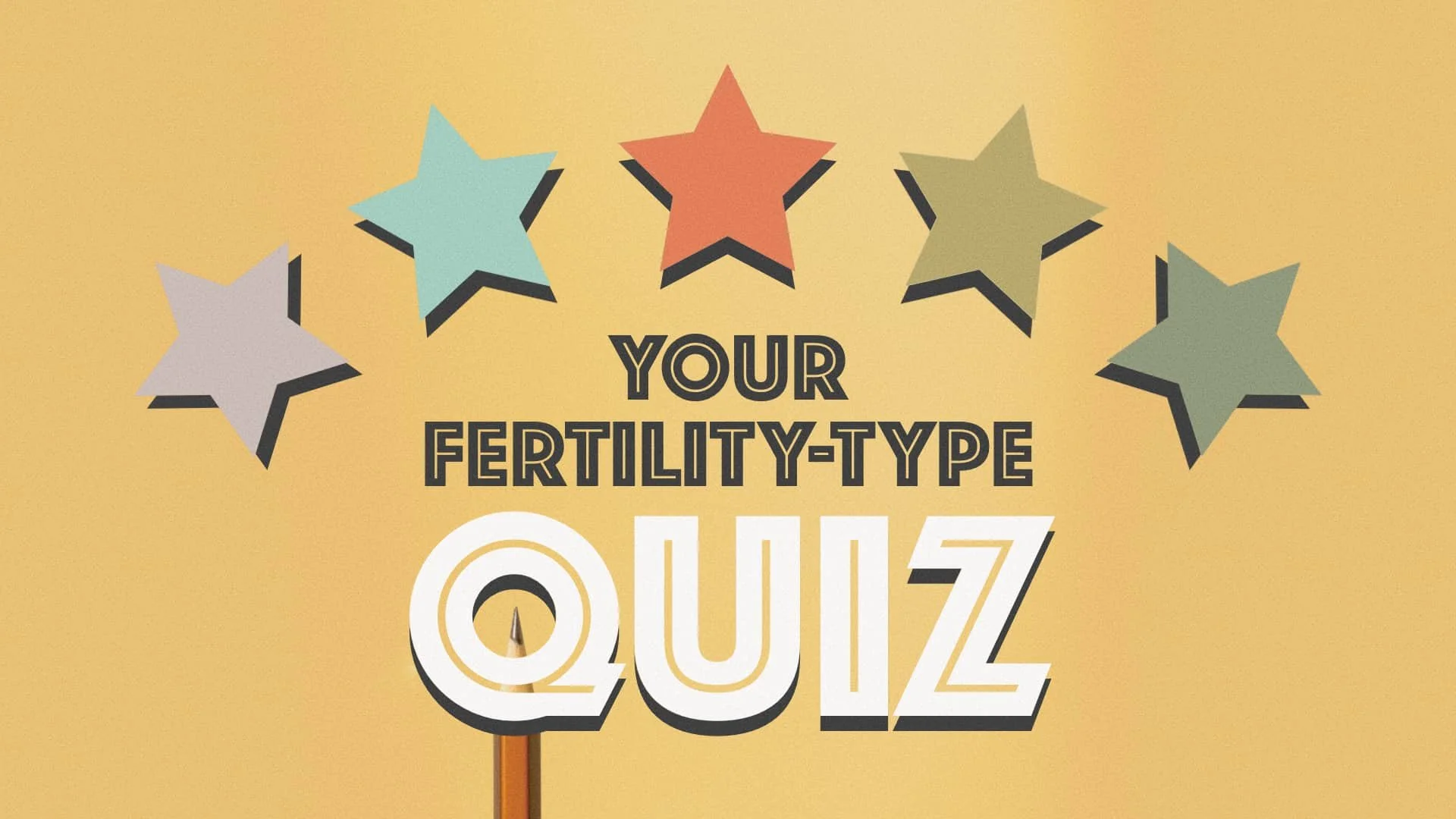BEYOND FIXING: TRANSFORMING FERTILITY AND HEALTHCARE
Here’s how connection and care transform fertility and women’s health.
Great healthcare isn’t simply a technical practice — it’s relational and transformational. Nowhere is this more true than in fertility care and women’s hormonal health, where emotions, stress, and deep personal experiences intertwine with medical treatment.
My practice has been hugely influenced by just two tiny quotes. While I was earning my Master’s Degree in Traditional Chinese Medicine (TCM), I stumbled on an idea from TCM founding father Sun Si Miao:
“The Superior Physician doesn’t just treat disease, but rather teaches society and informs humanity.” — Sun Si Miao
I remember feeling like I’d been struck by lightning. Call me a nerd, but I still get goosebumps! And then, several years later, I saw this much softer, but similar-in-spirit idea from Rachel Naomi Remen:
“Helping, fixing, and serving are three different mindsets. When you help, you see life as weak. When you fix, you see life as broken. When you serve, you see life as whole.” — Rachel Naomi Remen
This beautiful insight shaped how I show up in my work — not as a fixer, but as someone in service to wholeness. But lately, I’ve been thinking that serving is really just the beginning. When we enter into service of wholeness, we don’t just serve. We see. We celebrate. We honor. We love.
The hidden role of connection in fertility and hormonal balance.
The more I reflect, the more I see that my practice, Life Healing Life, might just as easily be called Love Healing Life. Because that’s what true healing feels like — being held in connection, being witnessed in our full humanity, and knowing that our experiences and wisdom matter just as much as the tools and knowledge I bring to the table — the acupuncture table, that is! [Mild groan.]
This realization came to me while I was out on a walk with my sweet doggo, Sylvie. As I was thinking about that quote from Rachel Naomi Remen, I started asking myself, what does that really mean in practice? How does it actually show up in fertility care, in women’s health, in my own clinic?
And I realized, it’s not just about serving. It’s about something deeper, something more profound.
How stress, safety, and the nervous system affect reproductive health.
I’ve noticed that the providers I appreciate the most are the ones who connect on a human level. My therapist sharing about her experiences navigating neurodivergence with her child. My doctor explaining how her own perimenopause journey informs how she treats her patients. These moments of genuine connection don’t diminish their expertise; they deepen trust and make the work feel more meaningful.
Of course, there’s a balance. No one wants their provider unloading personal struggles in a way that makes the patient feel responsible for them. But when done with care, it shifts healthcare from something transactional to something relational.
I felt this so deeply the other day when one of my long-term fertility patients was about to have her final embryo transfer. She gave me the best hug and said, "I love you, Nicole. Thank you for everything you've done throughout these years." And I realized in that moment just how much love I genuinely feel for not just her but also for her whole family, who I’ve gotten to know along the way.
This isn’t just work. It’s a profound, human connection.
Science-backed healing — why feeling seen and supported matters.
This might sound touchy-feely, but science actually confirms what many of us have long sensed. Healing isn’t just about protocols and procedures. Research in nervous system regulation, mirror neurons, and mind-body medicine tells us that:
Our brain waves synchronize with the people we share space with
Our breathing and heart rates shift based on feelings of safety and connection
The nervous system plays a major role in fertility, stress response, and hormonal balance
Feeling seen and supported isn’t just a nice extra. It’s essential to fertility and hormonal well-being. Studies have shown that high stress levels can negatively impact ovulation, implantation, and overall reproductive health. But when patients feel safe, heard, and connected? Their nervous system shifts into a state more conducive to healing and conception.
Beyond protocols — the future of patient-centered fertility care.
In 2015, I gave my first treatments at my “new clinic” to my husband and kiddos. I’ll never forget seeing my 5 and 7-year-old children lying on the table looking so tiny in that expansive space. And I had this thought: "Every single person I treat has some version of their own younger self inside."
It was the sweetest, most endearing realization. I still often think about it as I do my Tui-na massage on a patient at the end of sessions, and I’m always filled with love.
This is why fertility care needs more than just procedures — it needs relationships. Think about it. How different is entering into healthcare with a relative stranger who simply wants to fix your problem vs. entering into healthcare in relationship with a fellow human who loves and cares about you? What does that do in and to our bodies?
Maybe this is what we’re all craving. Not just access to care, but access to a different kind of care. One that prioritizes:
Relationships and connection
Deep listening and whole-person support
A nervous system-aware approach to fertility and hormonal health
One that recognizes wholeness rather than just focusing on problems to fix. And one that sees love as an active force in healing.
Healing as a shared experience.
I don’t know exactly where this thought will take me, but I do know that every day, I am honored to witness and be part of something so much bigger than myself. Healing is not a one-way street. It is a shared experience, a mutual exchange of wisdom, and a space where love, in all its quiet and powerful forms, is at work.
Life Healing Life.
Love Healing Life.
You and Me, in it together.
That’s what I’ve been thinking about.
🧡 Nicole
READ EVEN MORE
How trusting and connecting with a provider lead to better health outcomes.
Learn about mirror neurons and living a more meaningful life.
Explore co-regulation as a way to work on trauma.
Here’s why connection might be especially healing for women dealing with chronic stress.
Nicole Lange
LICENSED ACUPUNCTURIST
HOLISTIC FERTILITY EDUCATOR







Something more than just another buzz-word?